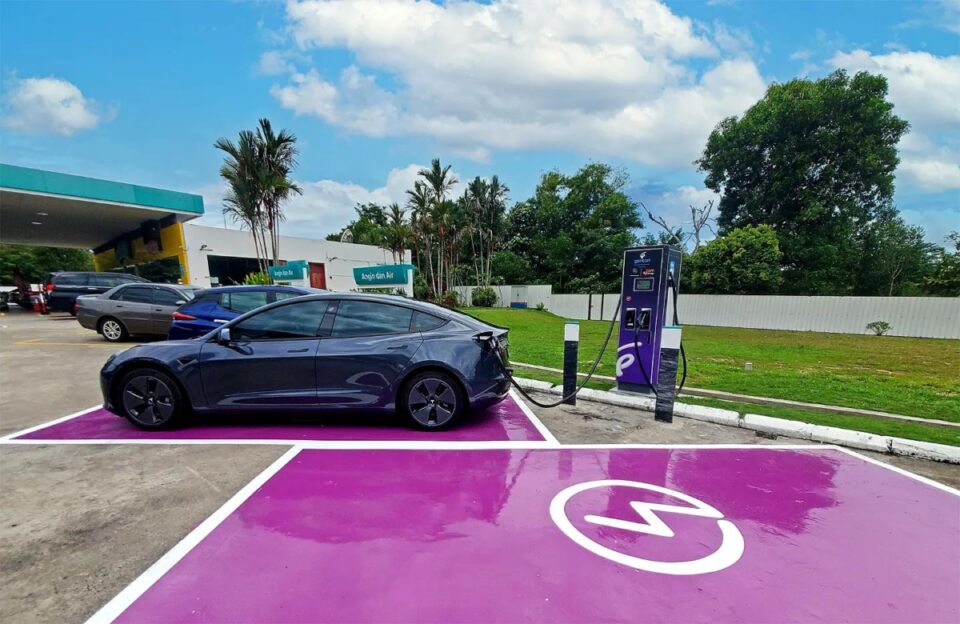KUALA LUMPUR, Feb 4 — Malaysia is expected to provide up to 4,000 electrical vehicles (EV) charging points this year, said the Ministry of International Trade and Industry (Miti).
Miti’s Industrial Development Division senior director Datuk Hanafi Sakri said Malaysia currently has 900 EV charging points.
“We have a national roadmap for EV charging stations where we are targeting to have about 10,000 charging stations by 2025, comprising 1,000 units direct current type and 9,000 units alternating current or slow charging.
“Given the current momentum, I think we will be able to achieve the target,” he said during the press conference at Malaysia’s EV conference 2023 here today.
Under the Low Carbon Mobility Blueprint 2021 – 2030, Malaysia aims to have EVs and hybrid vehicles account for at least 15 per cent of the total industry volume (TIV) by 2030.
Hanafi said MITI fully supports the extension of the full import and excise duty exemptions for imported EVs until December 31, 2024.
He added the ministry has proposed to improve the EV ecosystem, particularly in terms of EV infrastructure to the Ministry of Finance (MoF), and hopes that the MoF will consider the proposals and that it would be announced in the next budget on February 24.
Meanwhile, in his welcoming remarks, Malaysian Investment Development Authority (Mida) chief executive officer Datuk Wira Arham Abdul Rahman said as the co-secretariat of the National EV Task Force (NEVTF), Mida is aggressively pursuing investment opportunities in Malaysia and capitalising on prospects to spur the EV automotive segment.
He said Mida is committed to attracting quality investments to support the EV supply chain and Malaysia’s EV ecosystem, particularly in critical components such as EV batteries, battery management systems, battery packs, artificial intelligence, onboard charging, charging infrastructure, and modular-based battery swapping technology.
“We are optimistic that EVs will become more popular and more mainstream, primarily due to the growing demand for green transportation in the Asean region,” Wira Arham said.
On the same note, the Malaysia Automotive, Robotics and IoT Institute (MARii) chairman Datuk Phang Ah Tong said MARii is also supporting Malaysia’s commitment to its zero greenhouse gas (GHG) target by 2050
He said the institute offers its support in the form of vendor development programmes such as the Automotive Supplier Excellence Programme, Lean Production System Programme and Digital Engineering and Prototyping Programme.
“These programmes provide technical assistance and consultancy to improve the competence of local automotive suppliers to be more competitive and sustainable at the global level.
“Apart from that, several centres of excellence such as the MARii Design Centre, the National Emission Testing Center (NETC) and the MARii Academy of Technology can also be utilised to improve local engineering capabilities in the field of research and development, testing and development of energy-efficient vehicle technology,” Phang said.
He added that standards related to the EV industry such as charging systems, battery disposal activities, battery swapping, wireless charging and others are also developed to ensure that the EV technology used and developed in this country is comprehensive, safe and of good quality.
— Bernama





